Woe to him who doesn't know how to wear his mask, be he king or pope!
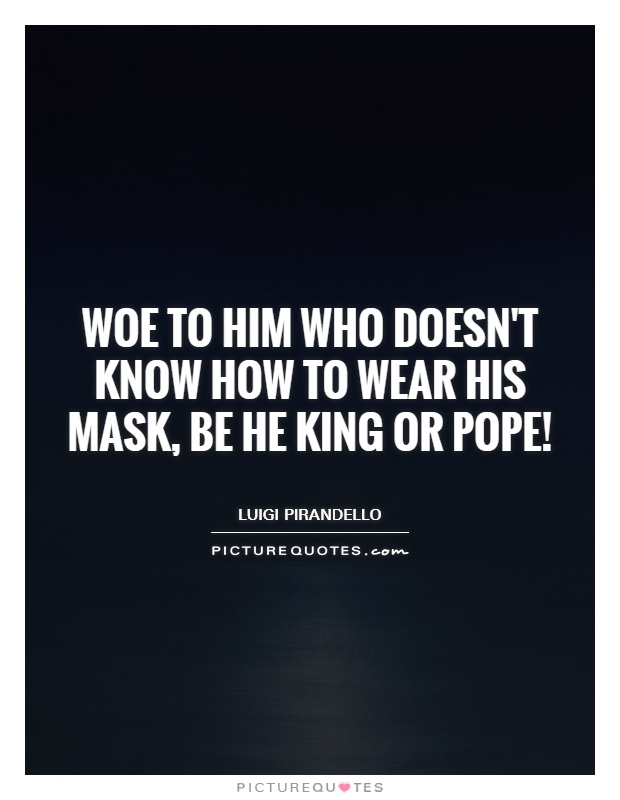
Woe to him who doesn't know how to wear his mask, be he king or pope!
Luigi Pirandello, the renowned Italian playwright and novelist, was known for his deep exploration of the complexities of human nature and the masks we wear in society. In his works, Pirandello often delved into the idea of how individuals present different versions of themselves to the world, depending on the situation or the people they are interacting with. This concept is perfectly encapsulated in the quote, “Woe to him who doesn't know how to wear his mask, be he king or pope!”In Pirandello's plays, characters frequently struggle with their own identities and the masks they wear to conform to societal expectations. They grapple with the tension between their true selves and the personas they adopt to fit in or gain acceptance. The quote serves as a warning to those who are unable to navigate this delicate balance, suggesting that failure to do so can lead to dire consequences.
For Pirandello, the mask is not just a physical object but a metaphor for the various roles we play in our lives. Whether we are a king, a pope, or an ordinary person, we all wear masks to some extent. These masks can be protective, allowing us to shield our true selves from the judgment of others. They can also be performative, enabling us to project a certain image or persona to the world.
However, Pirandello also warns of the dangers of becoming too attached to these masks. When we lose sight of our authentic selves and become consumed by the roles we play, we risk losing touch with our true identity. This can lead to a sense of alienation, disconnection, and inner turmoil.
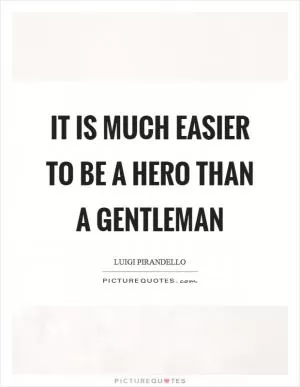
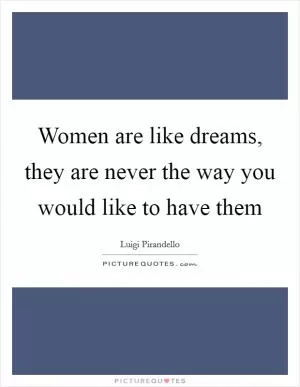
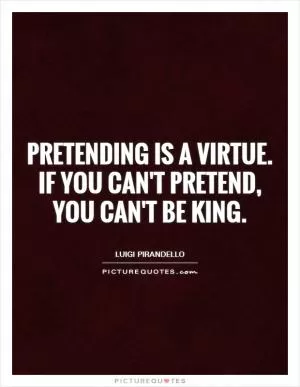
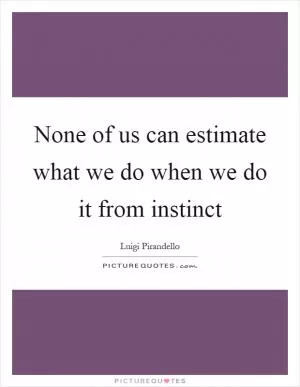

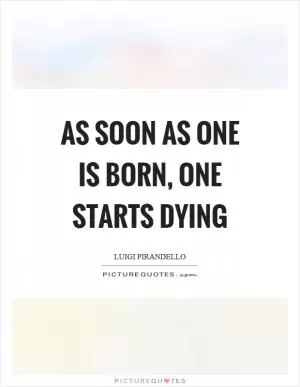
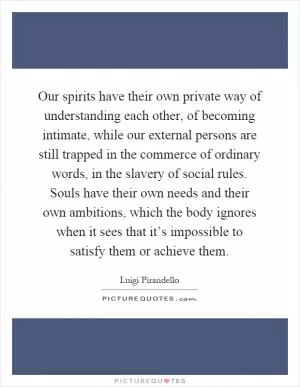
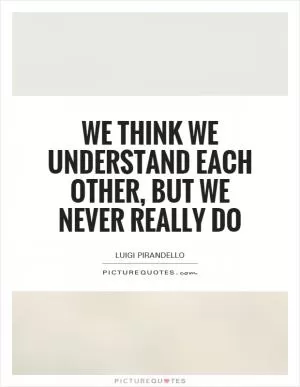
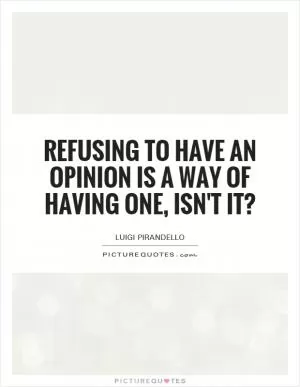

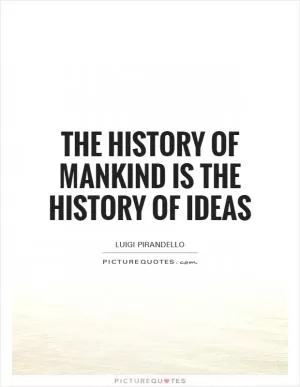

 Friendship Quotes
Friendship Quotes Love Quotes
Love Quotes Life Quotes
Life Quotes Funny Quotes
Funny Quotes Motivational Quotes
Motivational Quotes Inspirational Quotes
Inspirational Quotes